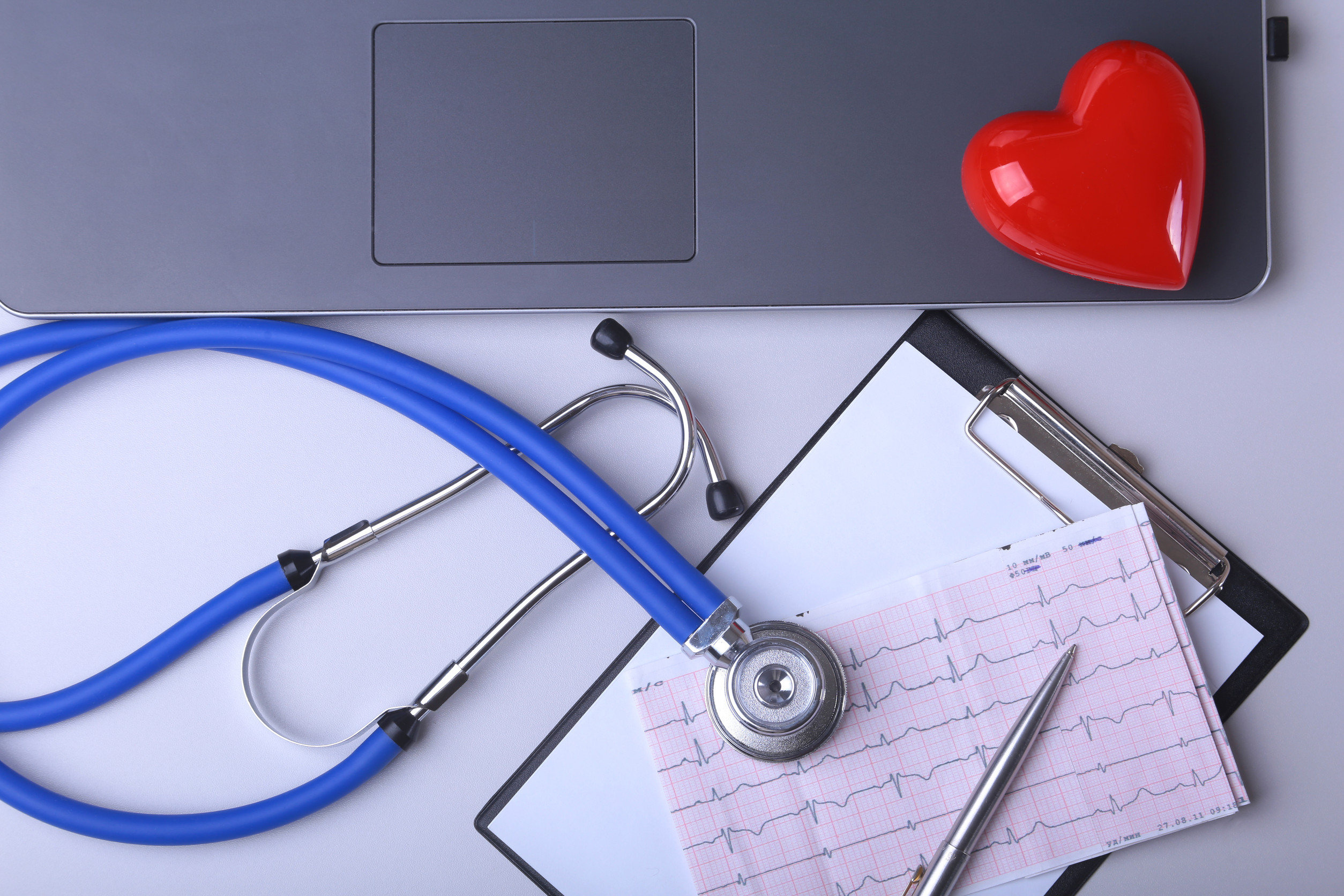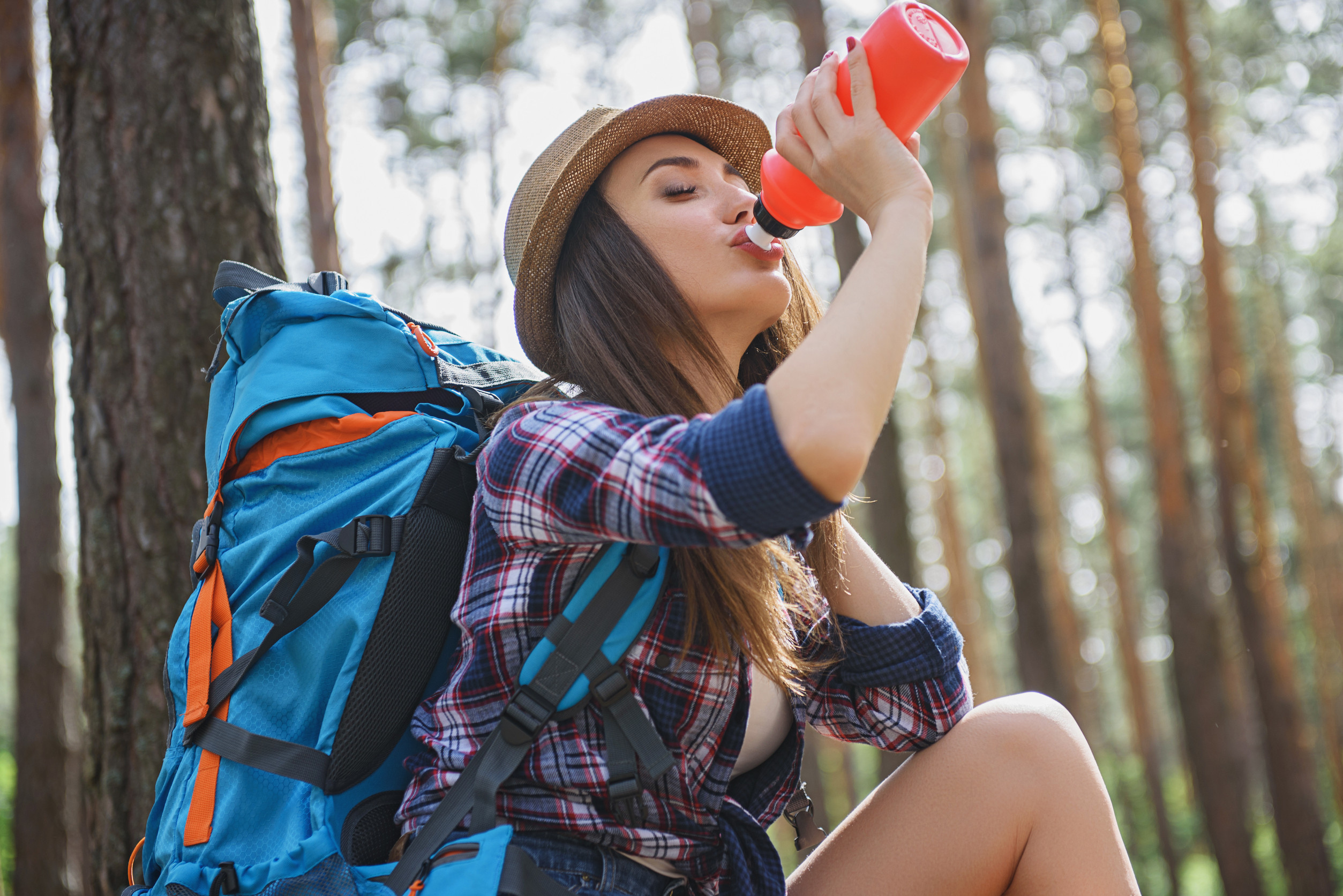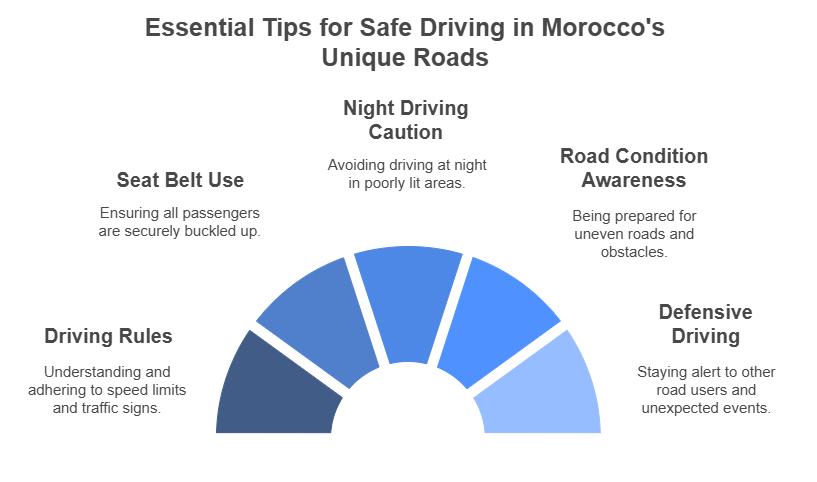
A trip to Morocco using an Morocco eVisa will expose one to numerous unique cultures, be taken through dynamic markets, and present a plethora of scenic views. But having the necessary health and safety while traveling makes the entire trip very smooth.
Before you start on your journey to Morocco, it’s crucial to familiarize yourself with the country’s health and safety protocols. Staying informed ensures a safe and enjoyable trip while minimizing health risks. One of the key steps to take is understanding the Morocco Health Entry Requirements, particularly regarding vaccinations and general health precautions.
Keep Informed: Due to outbreaks or other global health events, health regulations may change. Check the latest requirements on official government or embassy websites before traveling.
Compliance with Border Control: Some documentation, like vaccination records, are needed upon arrival, so one must have access to such documents at all times.
Vaccination Recommendations for Morocco
Even though Morocco does not have strict mandatory vaccination requirements, it is highly recommended to be up-to-date on key vaccines in order to avoid preventable diseases.
Routine Vaccinations: Make sure you are up-to-date on routine vaccines:
These vaccinations are standard and can help you against the diseases which may still be prevalent in certain areas.
Travel-Specific Vaccines
Hepatitis A: This is recommended because of the risk of infection through food and water. Typhoid: It is recommended, especially if one intends to eat food from the streets or in rural areas where levels of hygiene are poor.
Optional Vaccines for Specific Travelers
Rabies: One may consider a rabies vaccination if staying in very remote areas and around animals.
Hepatitis B: This is for travelers who may need medical attention or stay longer than anticipated.
Managing Vaccination Records
You can always manage your vaccination and health records by:
The best thing a well-packed travel health kit can do is keep you out of aggravation. Here you can add:
Having these essentials on hand ensures you’re prepared for minor health issues during your stay.

Morocco’s culinary scene is a highlight of any visit, but it’s essential to eat and drink wisely:
These precautions can help you avoid stomach issues and enjoy Morocco's flavors worry-free.
Morocco’s diverse geography means its climate can vary significantly from one region to another, even during the same season. Packing appropriately for the weather is key to a comfortable and enjoyable trip regarding whether you're exploring bustling cities, trekking in the mountains, or venturing into the desert. Here's what you need to consider:
Other essentials for climate include:
Learn about health care options where you will be traveling. Find out the location of local hospitals, clinics, and pharmacies. It's also smart to:
Consult medical care if you feel ill after travelling. In addition:
This vigilance ensures that any potential health concerns are addressed with due urgency.
Knowing how to access emergency services and medical care in Morocco is essential for staying safe during your trip. Key emergency numbers include:
Morocco is generally a very safe destination for travelers, but personal safety precautions are always prudent to take:
Some of the beauties of Morocco are the culture and the traditions. Be respectful by:
Traveling by road in Morocco can be an exciting way to explore the country, but it’s important to stay safe. Here are simple tips for road safety:

Do I need any vaccinations before traveling to Morocco?
It's recommended to be up to date on routine vaccinations like measles, mumps, rubella (MMR), and tetanus. Hepatitis A and Typhoid vaccines are also advised because of the risk from food and water.
Is health insurance obligatory for travelers to Morocco?
Health insurance isn't obligatory, but highly advisable; it needs to cover emergency medical treatment, hospitalization, and possible repatriation, if necessary.
What if I fall sick while traveling in Morocco?
If you feel unwell, access a local chemist for over-the-counter medication, or a private clinic for treatment. If it's a serious life-or-death situation, the number to call for an ambulance is 15.
Can I drink tap water in Morocco?
It would be better if you avoided the tap water in Morocco. Use bottled water for drinking and teeth brushing to avoid stomach problems.
How will I protect myself from the sun in Morocco?
Use high factor sunscreen, a wide-brimmed hat, and sunglasses. The sun is very strong, so try to avoid direct sunlight between 10 a.m. and 4 p.m.
Disclaimer: While this information was last updated in January 2025, we strongly suggest confirming all travel details with the appropriate governmental agencies, embassies, and airlines.
Step1: Complete the online application by entering your passport details.
Step2: Make the payment online using a credit card.
Step3: Check your email for the payment confirmation and receive your e-visa.